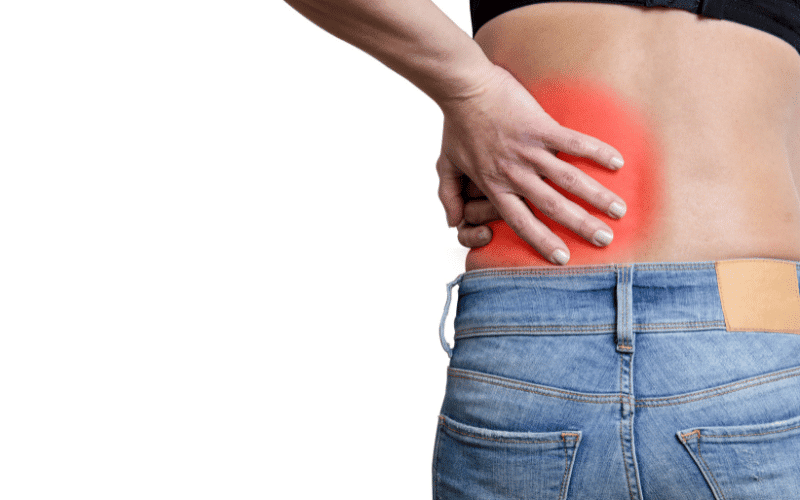Introduction: Unveiling the Mystery of Kidney Stones
Kidney stones can be a significant concern for many people. This health issue can cause excruciating pain and, in some cases, lead to severe complications. In this article, we’ll explore the top 10 kidney stones affecting people, their causes, symptoms, and treatments. We’ll also provide valuable tips to prevent these stones and maintain good kidney health.
Kidney stones are hard deposits made of minerals and salts that form inside the kidneys. These stones can affect anyone, but certain factors, such as gender, age, and medical history, can increase the risk.
Understanding kidney stones can help people make informed decisions about their health and well-being. In this extensive introduction, we’ll lay the groundwork for the rest of the article by discussing what kidney stones are, the various types, and the factors that increase the risk for men and women. With this knowledge, you’ll be better equipped to manage and prevent kidney stones, ensuring a healthier, happier life.

Variety 1: Calcium Oxalate Stones
Understanding the Culprits: Calcium and Oxalates
Calcium oxalate stones are the most common type of kidney stones in men and women, accounting for about 80% of cases. They form when calcium combines with oxalate, a natural compound found in certain foods like spinach, rhubarb, and beets. Consuming too much of these foods or not drinking enough water can lead to the formation of these painful stones.
Dietary habits play a significant role in the formation of calcium oxalate stones. A diet high in sodium, animal protein, and oxalate-rich foods can contribute to their development. Additionally, a lack of dietary calcium may increase the risk, as it can cause the body to absorb more oxalate.
To prevent calcium oxalate stones, it’s crucial to maintain a balanced diet and stay well-hydrated. Drinking plenty of water can help dilute the concentration of calcium and oxalate in the urine, reducing the likelihood of stone formation. Additionally, consuming adequate amounts of calcium and limiting oxalate-rich foods can help keep these stones at bay.
It’s also essential to monitor your intake of vitamin D, as excessive amounts can lead to increased calcium absorption, contributing to stone formation. Consult your healthcare provider to determine the appropriate levels of vitamin D for your specific needs. (1)